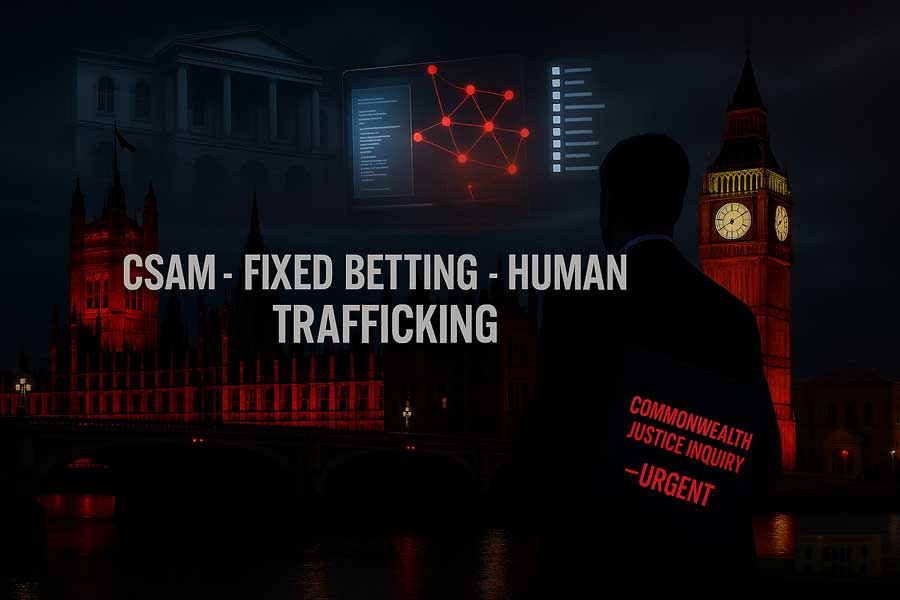Earlier this month, a Palestinian diplomat called Husam Zomlot was invited to a discussion at the Chatham House think tank in London.
Belgium had just joined the UK, France, and other countries in promising to recognise a Palestinian state at the United Nations in New York. And Dr Zomlot was clear that this was a significant moment.
Weeks on, that has now come to pass, with countries like the UK and Canada coming forward as allies in the recognition of a Palestinian state. Sir Keir Starmer announced this move in a video, highlighting the necessity of maintaining the possibility of peace and a two-state solution amidst violence in the Middle East.
Despite more than 150 countries already recognising Palestine, the addition of the UK signifies a crucial shift in international perspectives. Palestine has never been more powerful worldwide than it is now,” states Xavier Abu Eid, emphasizing the global mobilization for Palestine.
However, recognition brings complex questions regarding the nature and existence of a Palestinian state. Citing the Montevideo Convention's criteria for statehood, it raises issues about defined territory, governance, and political unity. Historically, Palestine has yearned for an identity comprising East Jerusalem, the West Bank, and Gaza Strip—although these areas remain fragmented.
The governance is split between the Palestinian Authority and Hamas, resulting in a cynical public towards their leadership. After many years without elections, there's a growing demand for new leadership, with figures like Marwan Barghouti, a popular choice among Palestinians, demonstrating the dire need for renewal in Palestinian governance.
Despite some international recognition, the leadership issue remains paramount as Palestinians like Diana Buttu call for actions to cease violence rather than focusing solely on statehood. Without such actions, longstanding challenges—including Israeli opposition to statehood and the pessimistic outlook regarding a viable Palestinian government—remain unresolved.















